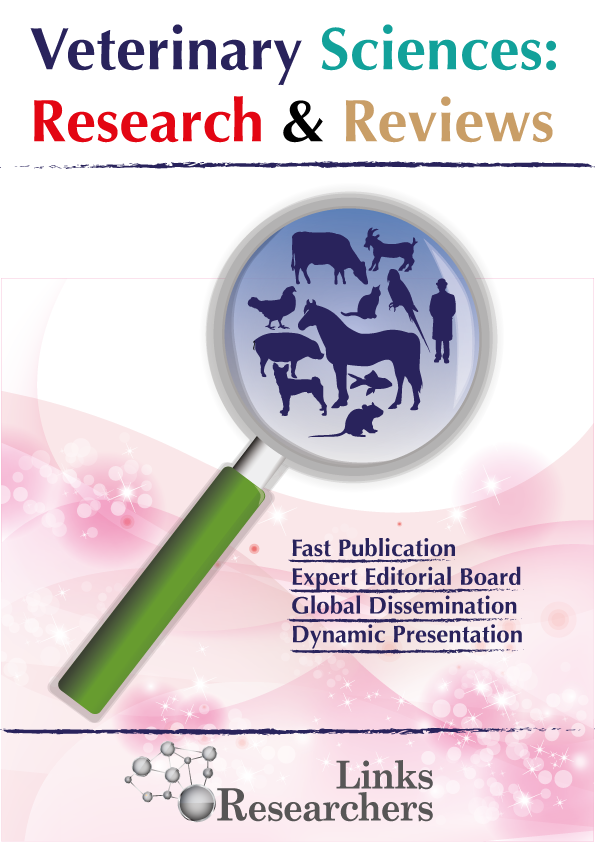Nanoparticle Tactics for the Oral Delivery of Insulin in Alloxan-Induced Hyperglycemia in Rat (Rattus norvegicus domestica) Model
Ahmed Weli Hussein Osman1,2, Rakibul Islam1, Md. Bazlar Rashid1, Abdiaziz Idiris Mohamud2,3* and Pravin Mishra4
ABSTRACT
Administration of peptide drugs like insulin through the oral avenue specially the gastro-intestinal tract represents the great challenges. Polymeric nanoparticles are suitable colloidal carriers for insulin delivery. The current study was carried out to evaluate nanoparticle tactics for the oral delivery of insulin in the alloxan-induced hyperglycemia in rat model. Twenty male rats of age four months were randomly allocated into four different groups (T0, T1, T2, and T3). After acclimatization diabetes was induced in three groups of rats (T1; positive control, T2: insulin only insulin, and T3; insulin with nano particles) by administered alloxan injection at dose of 120mg/kg body weight intraperitoneally. Group T0 was kept for negative control while T1 was kept positive control. T2 were considered as insulin treated group at 21IU/kg and T3 as insulin with nano particles of same dose as insulin. Over the sequence of the experimental trials, observations were noted for blood glucose level, glycosylated hemoglobin, and body weight. Blood glucose levels were increased significantly (P<0.05) in all treated groups compared to the negative control group. Similarly, bodyweight was decreased significantly (P<0.05) in all alloxan treated groups compared to negative control. There was significant falling in blood glucose level in insulin with nanoparticle treated group (T3) compared to only insulin treated group (T2) and (T1) that was received alloxan. The present study shows that insulin administration of oral route with nanoparticles was significantly decrease blood glucose levels and increase body weight. Hence, it can be concluded that oral insulin supplementation with nano particles may have significant effect on hyperglycemic controls.
To share on other social networks, click on any share button. What are these?





